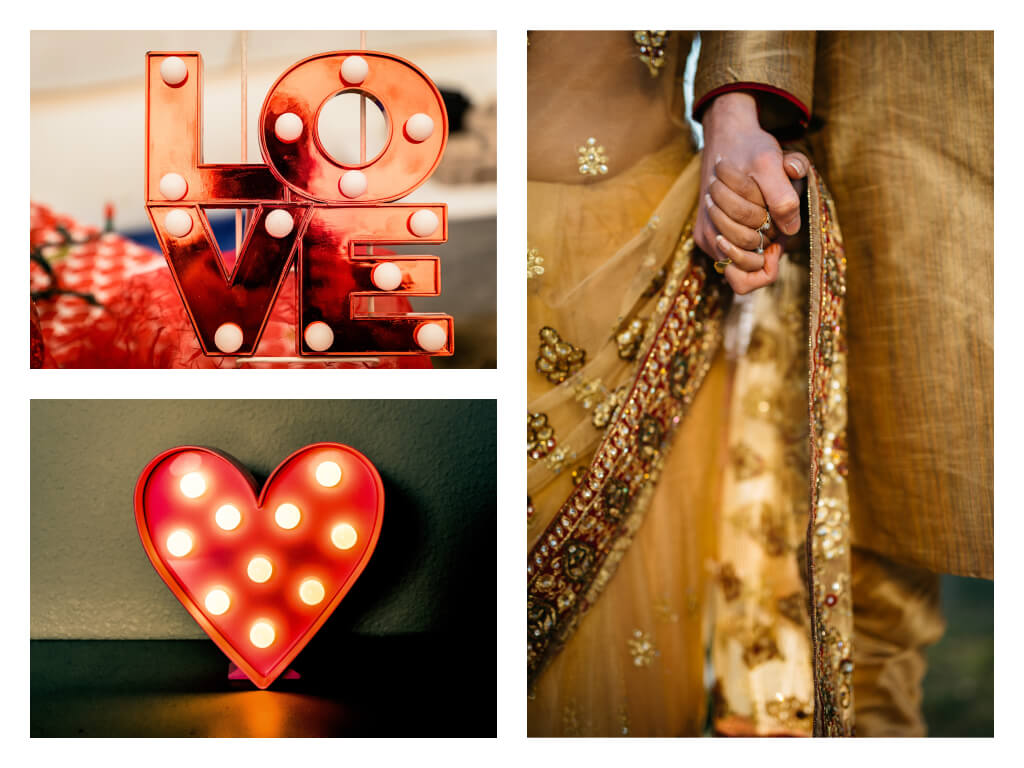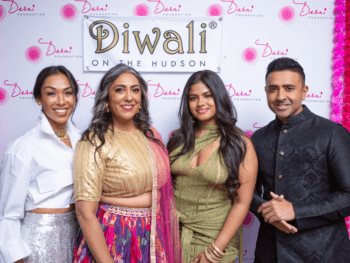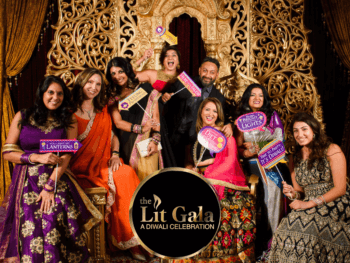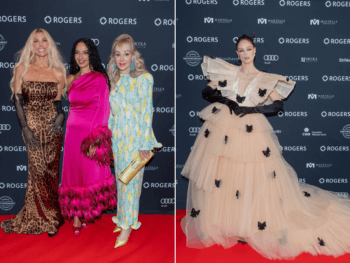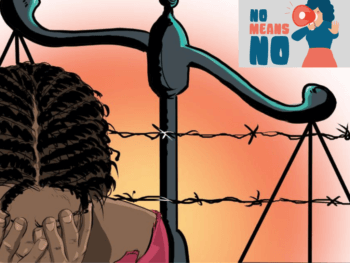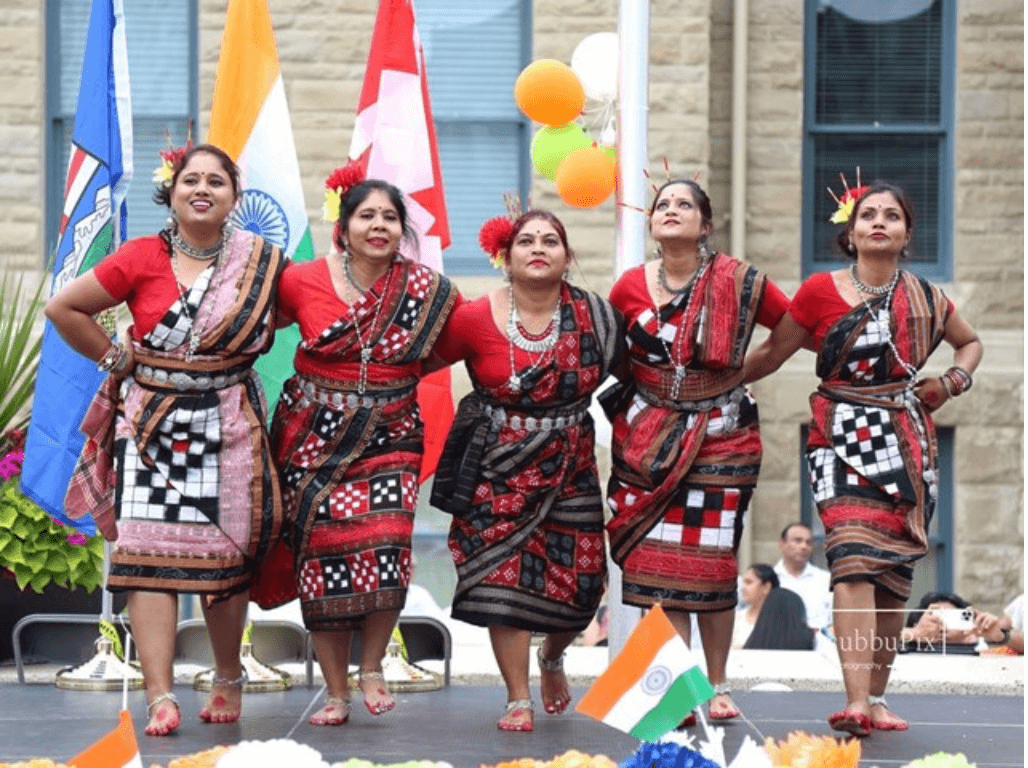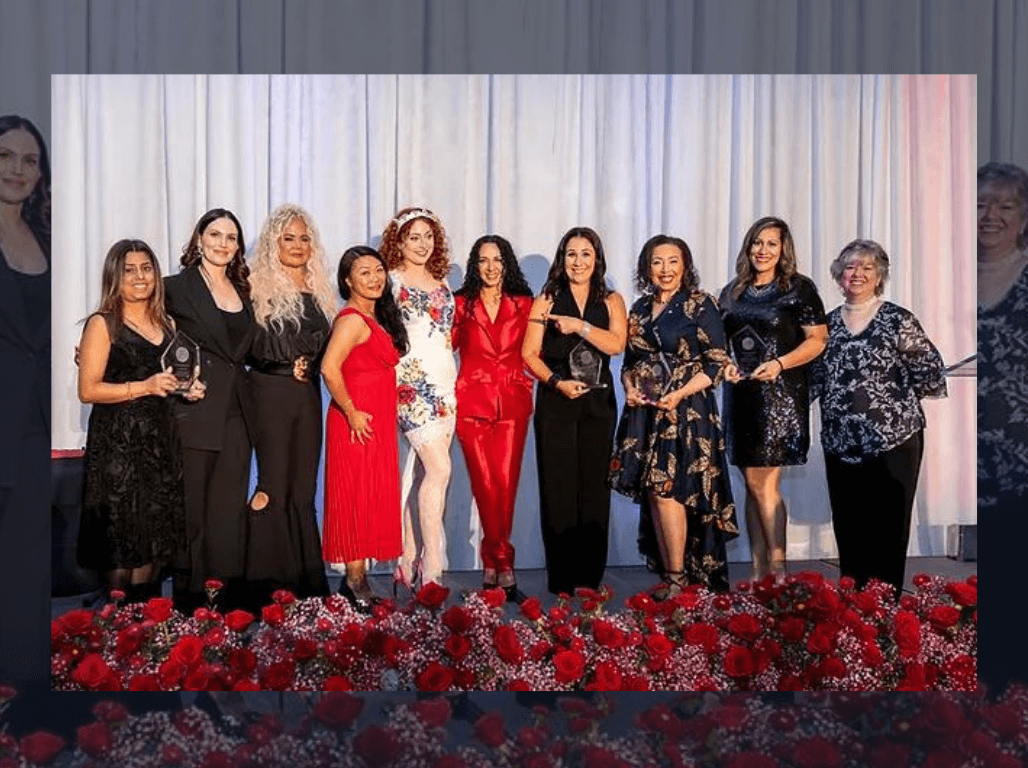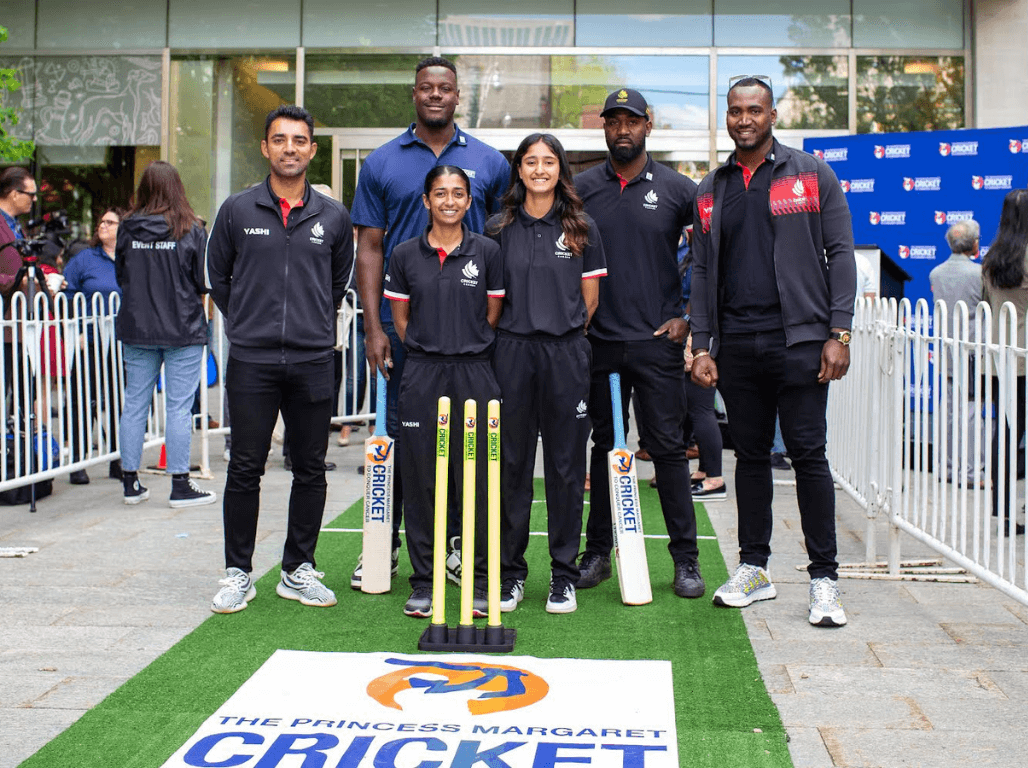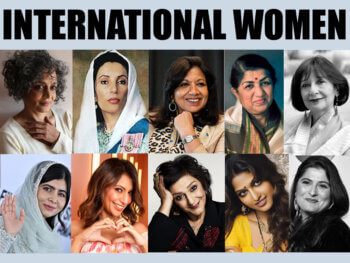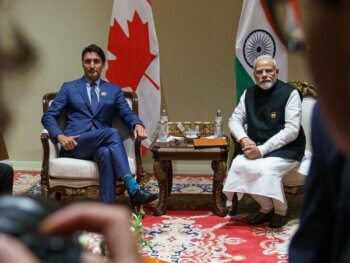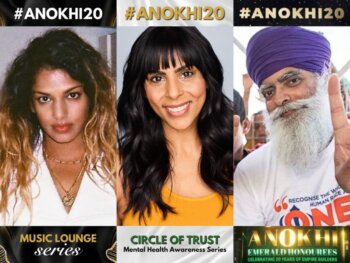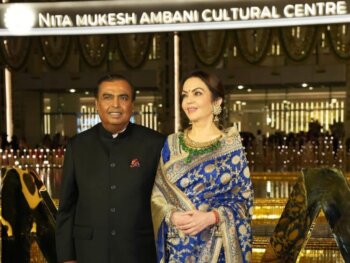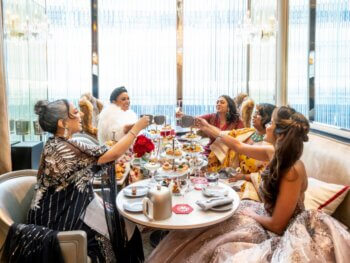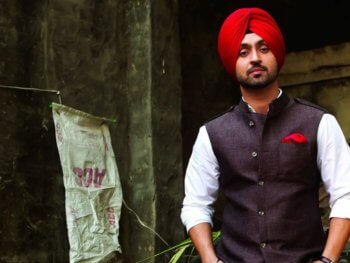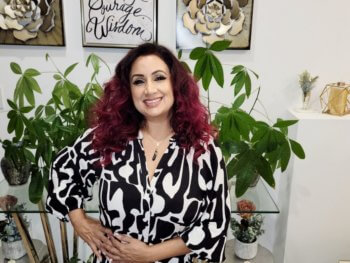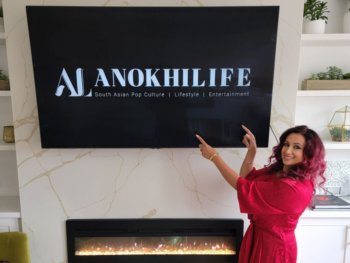With Valentine’s Day around the corner social will inevitably be filled with all sorts of #couplesgoals and various gestures of love. However, the pressure that is put on to find that sort of coupling can be daunting which is why it’s time to keep it real and call it what it is. A myth.
What Pisses Me Off: The Myth About the Perfect Couple
Have you ever been sitting in a small group of trusted friends and people start to have a healthy share (aka vent) about their relationship challenges?
Have you ever noticed that one friend (or been the friend yourself) during those healthy rants that remains tight-lipped throughout the conversation? Who only speaks up to comment how “perfect” their relationship is and that they embody the heavily popular #couplegoals?
Has it ever made you want to roll your eyes? If so, you’re not alone – I’m right there with you! One of the things that pisses me off, is the unrealistic narrative of the “perfect couple” and the impact this myth can have on our mental health and wellbeing.
Before we dig deeper, I want to clarify, I’m not suggesting we all air our personal, business and/or relationship challenges on social media or out in the broader public. I’m talking about the habit of pretending everything is always perfect in our relationships on social media and/or when we’re in safe spaces, having confidential conversations with our trusted loved ones.

How Can This Pretending To Have A “Perfect Relationship” Be Harmful?
It drives an unrealistic perspective on what relationships entail:
The reality is in the United States, approximately 50% of marriages end up in divorce and Canada has seen an increase since the onset of the global pandemic. Though India, has a significantly lower divorce rate than both countries, it doesn’t mean couples are happier, only that the stigma in the South Asian culture around divorce continues leading some couples to live in a state of “invisible divorce” in a union without love, affection and or support.
There are several factors contributing to the hardships within a relationship and one of them is the romanticization of what a relationship is. Partner relationships whether in the form of boyfriend/girlfriend, marriage or common-law are hard. I’m not saying relationships aren’t worth the hardship; a healthy relationship can be an excellent source of support, encouragement, laughter, and love but I am advocating for us to acknowledge they are hard. This acknowledgement can help us be more prepared for navigating through relationships without feeling disappointed and disconnected during challenges because we won’t go into them striving for perfection in the first place.
It can create stress and a pressure to be perfect:
I’ve said it before, and I’ll share it again – one of my favorite quotes (author unknown) is “comparison is the thief of joy.” If we only share our and/or are exposed to picture perfect relationship “highlight” reels, we can start to feel a pressure (both self and societal imposed) to be perfectly aligned with our partner, in a state of blissful, romantic love all the time. That pressure can lead us to feel disconnected from our partners and/or magnify issues that are not there.

It can lead to feelings of isolation:
When we share our authentic experiences with our loved ones, not only can it alleviate our moods, but it creates space for our loved ones to share as well. It’s not possible to get along 24 hours/7 days a week with your partner (or anyone really) for years and years on end. A healthy vent/rant or share about your relationship doesn’t mean you don’t love and respect your partner…your close friends (and partner), will understand that. All it means is that you’re a human being – you’re allowed to feel a wide range of emotions. It’s okay to be upset and/or frustrated with your partner at times and it’s okay to find comfort in talking to someone about it.
Facing challenges alone can feel isolating which can take a toll on us in mind, body, and spirit. The more we openly share are challenges without fear of judgement, the more we make it okay for others to share as well and sometimes it’s that sharing that makes us feel better and increases our ability to deal with our relationship challenges in a healthy way.
How Can We Help Each Other?
So, for the sake of ourselves, each other, and our relationships, let’s keep it authentic, real and move on from the “perfect couple” myth. Collectively we can change the narrative that a “perfect couple” is one that acknowledges and embraces their imperfections without fear of shame and judgement from society – just support!
Main Image Photo Credit: www.unsplash.com
Rachna Sethi
Author
Rachna (@thesassyspiritual) is a graduate of the Applied Mindfulness Meditation program from the University of Toronto, a certified Educator with two bachelor degrees and a diploma in Art Therapy. She's dedicated to living with a compassionate approach. Committed to helping people integrate Mindfuln...


















































